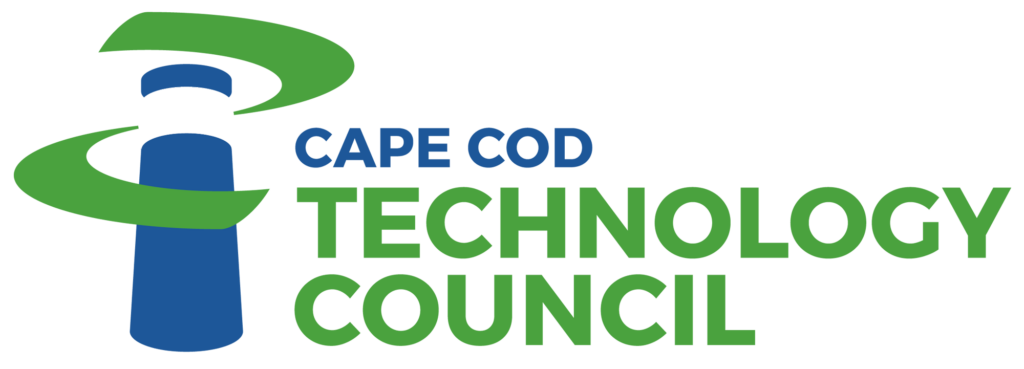“There are still a lot of people who don’t know about it at all.”
That turned out to be the theme of September’s Infrastructure Meeting. Specifically, people don’t know about the tech tax, the difference between security and privacy and where we stand on wastewater planning.
The Tech Tax
The Committee is supporting bipartisan efforts to repeal the “Tech Tax.”
It has been referred to as a “tax on the software industry,” which is inaccurate. It does tax the software industry, just in a different sense of the word. The software industry collects it, but the businesses paying the tax include almost everyone. For example, any restaurant that uses a customized point-of-sale system would be taxed.
There is a ballot initiative to repeal the tax in 2014, but in the meantime are interim efforts to repeal the tax through legislation (it is so vague that it’s been considered unconstitutional).
A number of representatives who opposed it want to see it repealed, and some who supported it are rethinking their position. Organizations are coming out of the woodwork and pushing for the tax to be repealed, including the new SparkCoalition.org ( http://www.sparkcoalition.org/), formed to file an injunction.
Governor Patrick is concerned that the tax is giving Massachusetts a bad reputation in the tech world.
For companies and individuals who do the newly taxable work, the biggest concern is the penalty for not taxing, or taxing incorrectly (you can be sued by a client). The Department of Revenue has list of FAQs which are being added to and revised. It’s a moving target.
Privacy
The First Friday Breakfast on privacy has been moved to March, and the Council is setting up the panel.
Every day you look in the paper and there’s a new horror story. The Infrastructure Committee sees the Tech Council’s role as creating an informed consumer.
While privacy has left the building, there is still much to be done in terms of security, and monitoring what kind of information we allow to be shared.
The committee believes the general public doesn’t understand what their exposure is. We all make choices with how we deal with social media, the settings on our phones, etc. When we understand the trade-offs, we can make those trade-offs more intelligently and safely.
With algorithms, the wealth of data collected is more useful than ever, and being a needle in a haystack no longer counts as a security measure.
Resources: Electronic Foundation Frontier
“From the Internet to the iPod, technologies are transforming our society and empowering us as speakers, citizens, creators, and consumers. When our freedoms in the networked world come under attack, the Electronic Frontier Foundation (EFF) is the first line of defense.” www.eff.org
The committee will suggest considering one or two other events around the March First Friday – including groups like Nauset Newcombers and Cape Cod Young Professionals on the discussions.
Wastewater
Judge Wolf dismissed the Section 208 suit for lack of standing on most of the claims. What remains is the need to approve a plan, which is in process.
From Wicked Local Cape Cod:
“In written and oral rulings Friday from the U.S. District Court of Massachusetts, Senior Judge Mark L. Wolf denied the Environmental Protection Agency’s motion to dismiss a vital piece of a 2011 lawsuit brought jointly by Conservation Law Foundation and the Buzzards Bay Coalition to hold the EPA accountable for addressing an ongoing water pollution crisis on Cape Cod.” (read more)
The EPA failed to approve a wastewater control plan because no plan has been proposed. During the hearing the judge learned that the Cape Cod Commission is developing a plan.
Which brings us to the next big thing on the Infrastructure Committee’s table. The Cape Cod Commission now has data from Cape-2-O. The initial round did seem like the Commission was reaching people who were already in the loop, but there were many specific questions with varied responses (link to Cape-2-O post)
The game is through Emerson Game Lab, so data is collected and can be processed into meaningful information. The Committee will find out how we can see that data. Among the information the Commission was looking for was how much businesses and citizens were willing to bear.
The next round begins in October, when educators are able to incorporate it into their lesson plans. Overall, we came out of the first game fairly well educated about our community, but there’s still more to learn.
Among the respondants were people who vacationed on the Cape and who no longer stayed in certain areas because of water problems. What the study did not include is the very large Cape population of (mostly retired people) who do not use computers to get information.
The game doesn’t just get feedback, it’s giving information. Even with as much as we know, there was still shocking information to be learned playing the game.
Even when we think we know, there’s still so much more to learn…
